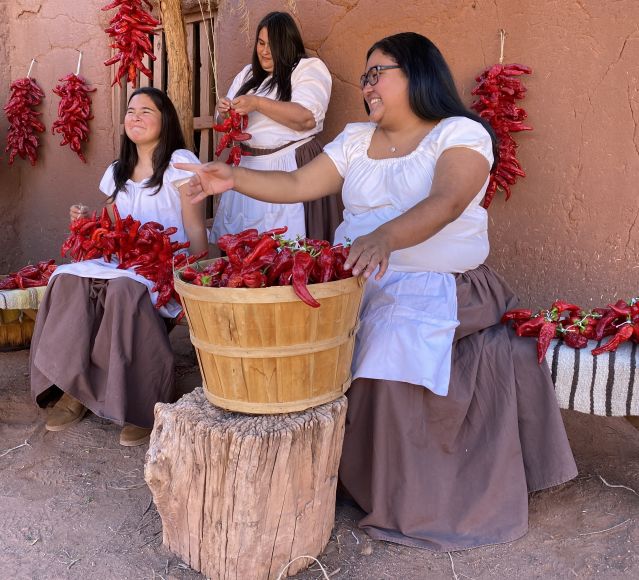Confidence
What Slow Travel Is and Why You Should Try It
A Personal Perspective: When you do slow travel, your trips become more exciting.
Posted March 25, 2024 Reviewed by Abigail Fagan

I always wanted to be like explorers Marco Polo or Ibn Battuta. They traveled the world with wide eyes, curiosity, and a desire to share with others the marvels they discovered. Everything was new, fresh, and surprising, and they were constantly learning and having unexpected experiences.
They had no Internet, guidebooks, social media, blogs, vlogs, reviews, or slideshows. And with so much information available, how can one possibly be like these travel writing pioneers?
The answer may shock you as it did my travel journalism students. I plan nothing in advance except for a place to stay, especially for the first few nights. I just show up in a place and let it reveal itself to me on its own terms. And how does that work out? I have contributed to 130 international publications with articles about what I discovered.
I do not recommend this approach to everyone. But what I do suggest is that you give up your desire to have everything planned in advance. That you stop obsessing about all the trip details and trying to make it a perfect trip. Whether you are traveling with a tour group, friends, family, or solo, leave unstructured time so magic can happen. To me, travel should be transformative. It should lift you out of your daily life and transport you to a place where the food, the language, the customs, the culture may be different from yours. And that’s where the excitement begins.
Many people I know approach travel like a job, and a stressful one at that. They scour the Internet, read what everyone else says, plan a detailed itinerary, and make reservations. They want to make sure they cover all the bases and don’t miss anything. But in my opinion, they are missing a lot if they bring all of their information and expectations to a trip before they’ve even gotten on a plane or into their car. They replicate what others have done before them and check each site off on a list.
So how do you make your trip unique? I call it slow travel. It’s not just about slowing down. When you decelerate, your trips get more exciting. Instead of running from place to place, you look around you, you take your environment in, you notice things that perhaps no one has ever noticed before. And you start talking to people. Random people you meet and talk to are a key element you cannot plan for. They may tell you about places and events that will enrich your trip. They give you local insider tips. They may even accompany you or invite you to join them for an experience. They have enriched every trip I have taken. And the more you talk to people — even if you are shy — the more you develop the self-confidence to do more of it. And then you are really in the present, having an experience that is uniquely yours.
During the pandemic, my husband — a photojournalist — and I couldn’t travel around the globe like we always did, so we regrouped. We decided to travel around New Mexico, where we live. And we would look for special experiences.
We did this for two years. The experiences were artistic, historical, and culinary. We went on special hikes, attended indigenous ceremonies, met healers, naturalists, ecologists, and the manager of a natural wildlife refuge. We picnicked inside an ancient volcano. We saw the tracks of animals who lived tens of millions of years before the dinosaurs. We rode in a lowrider. And the question we always asked was, can other people do this as well?
If the answer was yes, we included the experience in our new book, Slow Travel New Mexico: Unforgettable Personal Experiences in the Land of Enchantment. The name of the book includes New Mexico, but the slow travel lessons are applicable anywhere.
It was a dream of mine to teach readers how to do slow travel. And now it’s a reality.
Once people ditch their over-planned approach to travel, who knows? They may even begin to consider changing their over-planned approach to life.
You don’t have to travel halfway around the world to have an exciting, meaningful trip. It can happen every time you leave your house, even to go to the grocery store, or when you visit the town next to yours. Start with talking to people — really talking with them — and you’re already well on your way.


